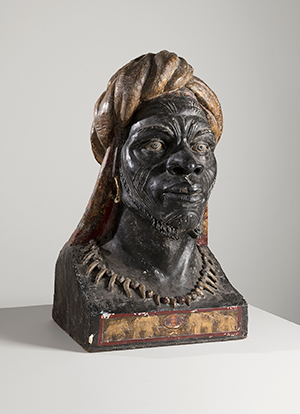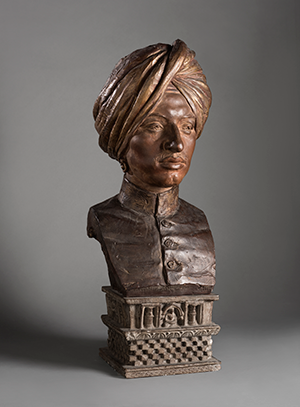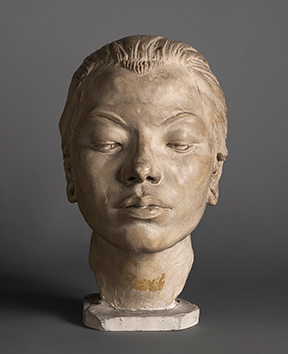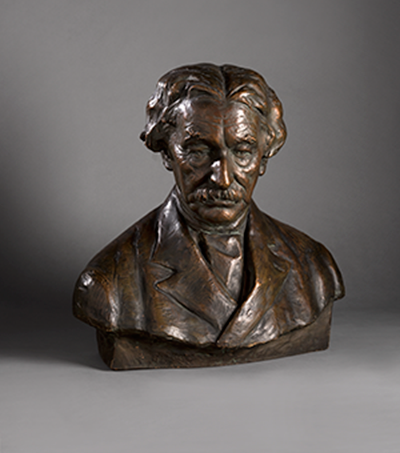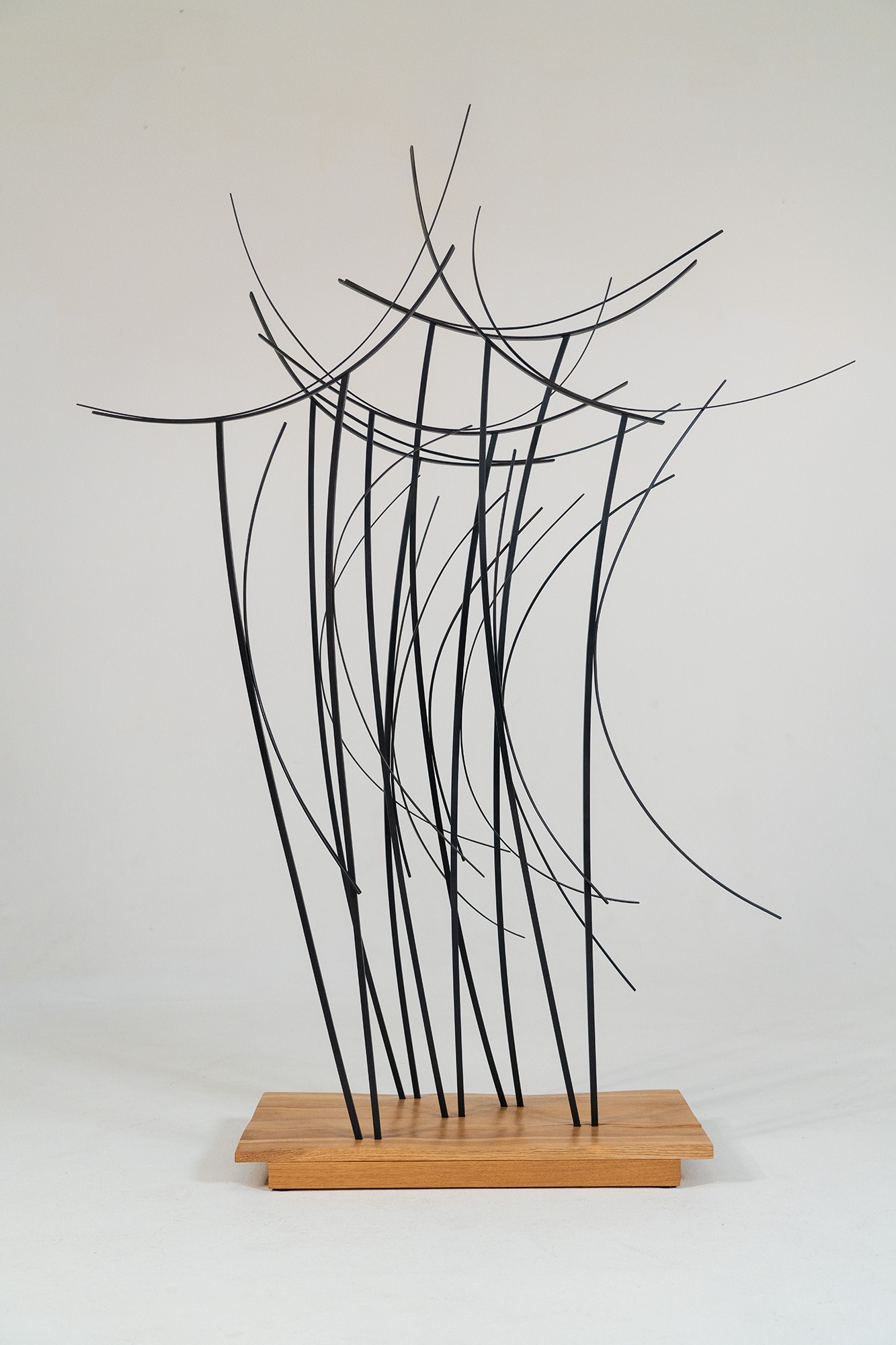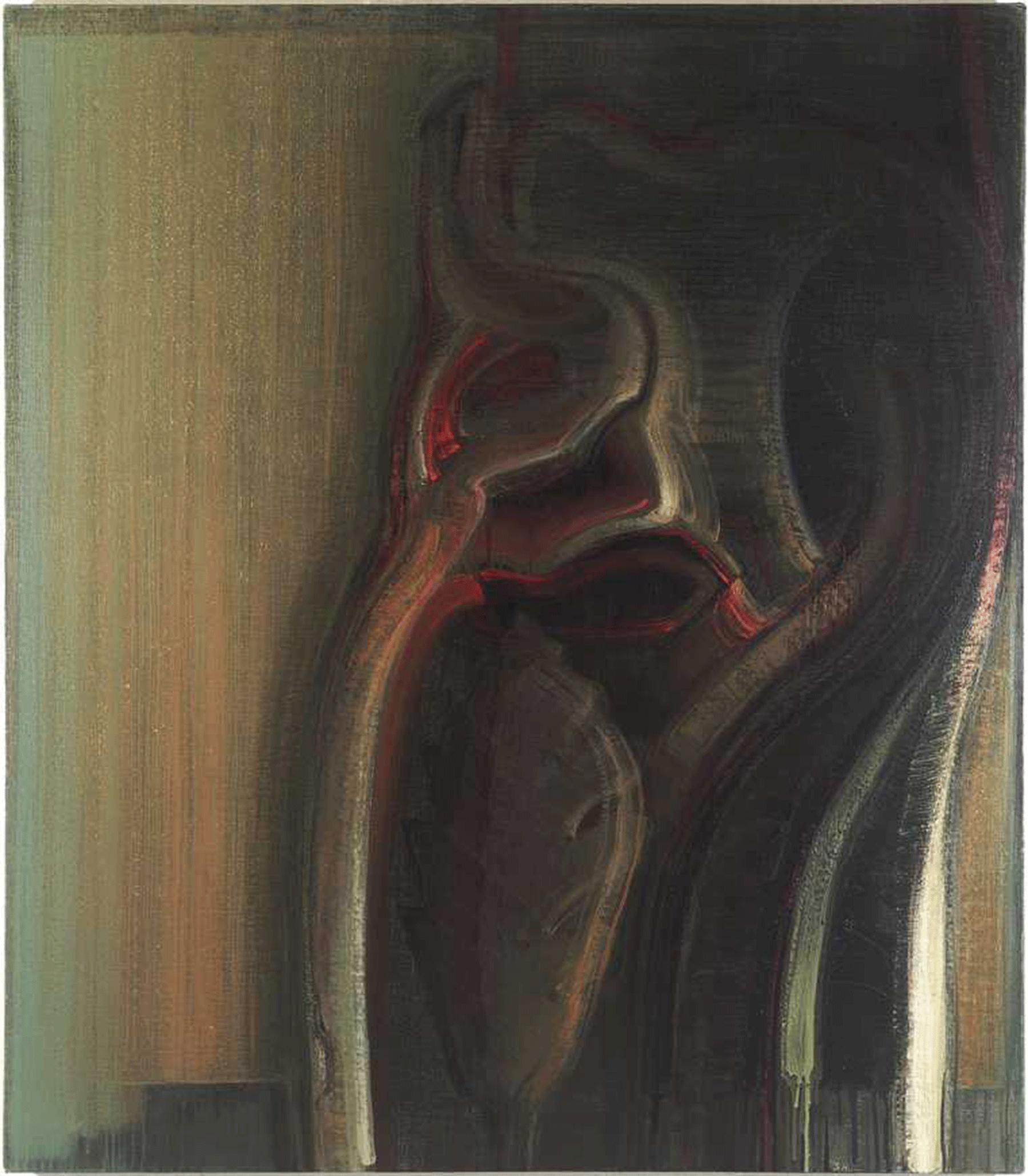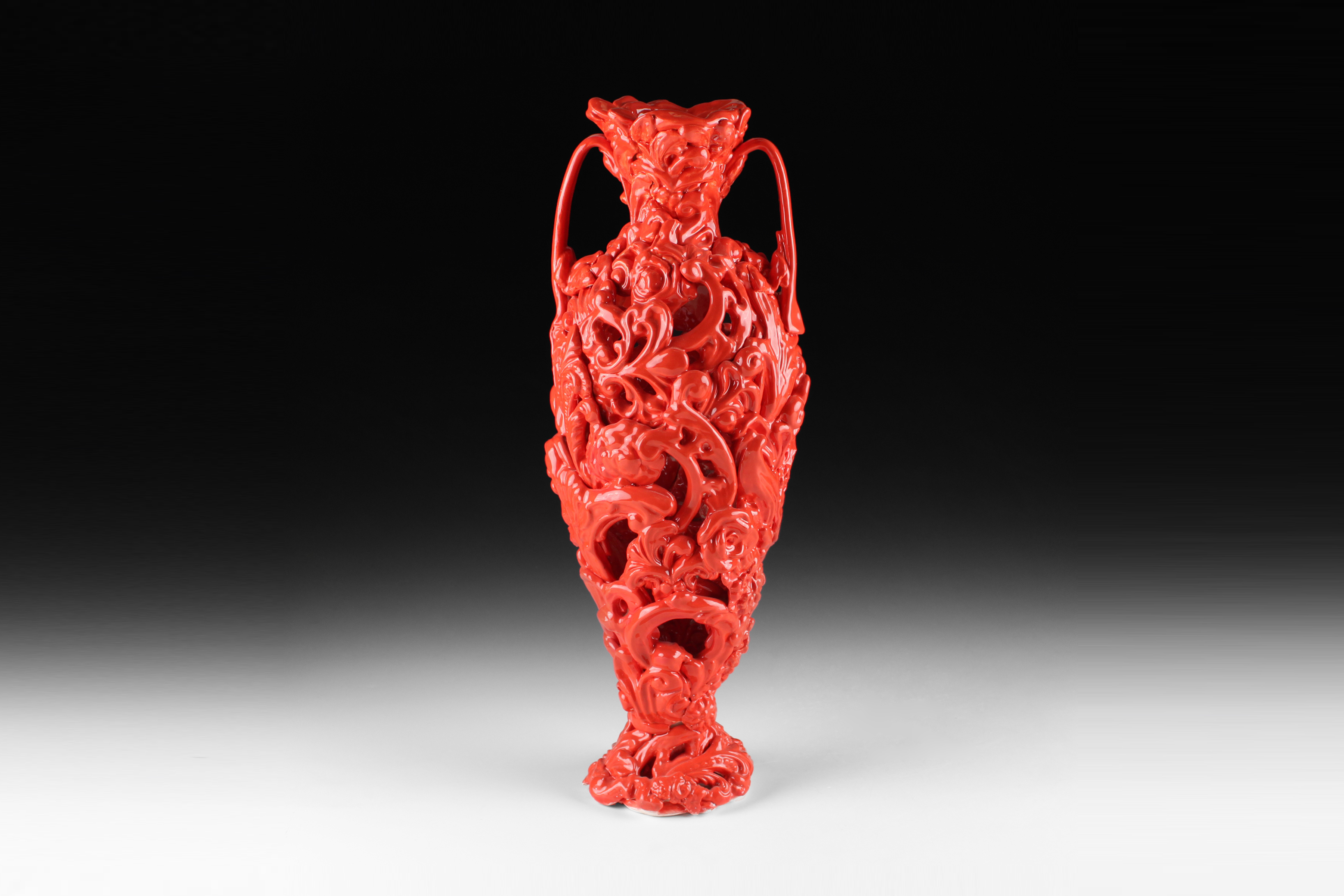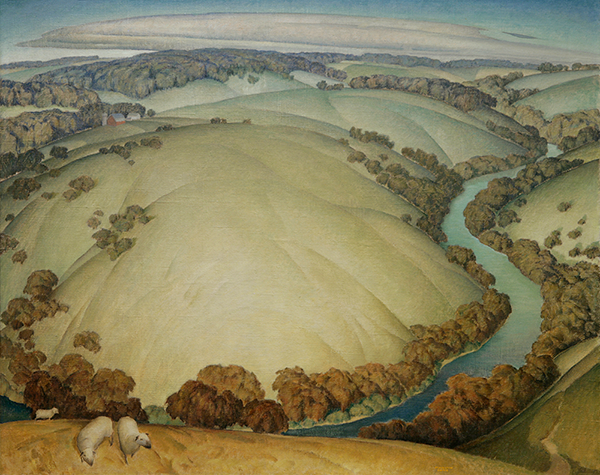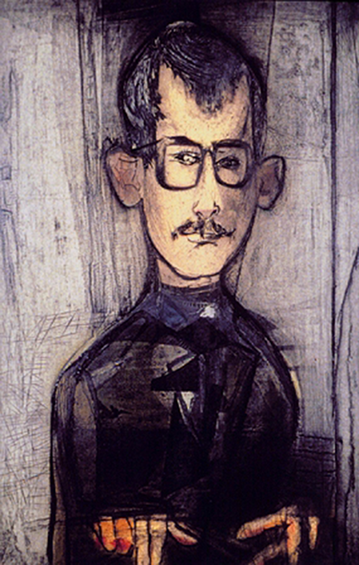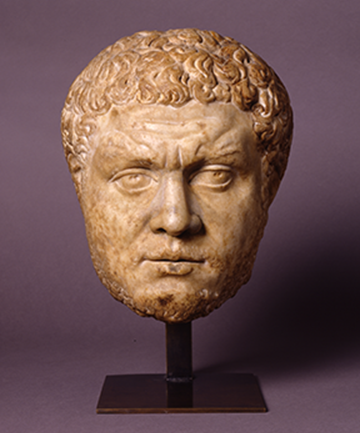Malvina Hoffman
1887-1966
Born in New York City, Malvina Hoffman grew up in an art-oriented environment in Manhattan where her father was a pianist. Taking private art classes, she first studied painting with John White Alexander. Preferring sculpture, she completed her first work in 1909, a portrait bust of her father who died that year leaving the family in financial straits. That portrait was accepted into the National Academy of Design's annual exhibition and launched her career.
She studied with Herbert Adams and Gutzon Borglum in New York before traveling to Paris in 1910 to successfully convince Auguste Rodin to accept her as a student. It was from Rodin that Hoffman learned a naturalistic, sometimes rugged approach to the form. In Paris, she associated with numerous leading intellectuals including Gertrude Stein, Henri Matisse, and Anna Pavlova, and her bronze sculptures of the Russian ballet star won her much fame and numerous commissions. Hoffman was a portrait sculptor of pieces that expressed both fluid movement and lofty human values. She became especially noted for her hall-of-fame portraits including Anna Pavlova, Wendell Wilkie, and Katharine Cornell.
Works by Malvina Hoffman are not always on display.
